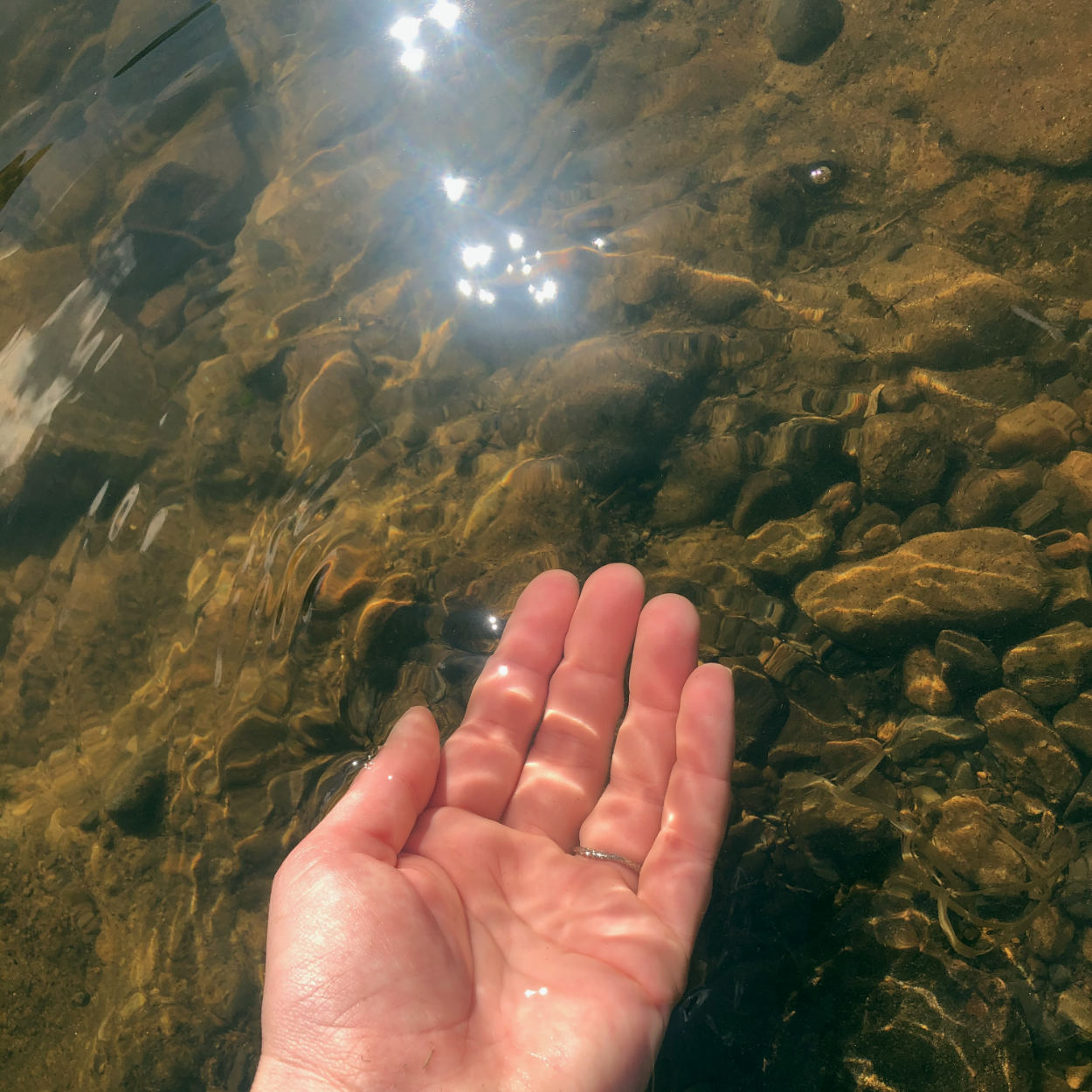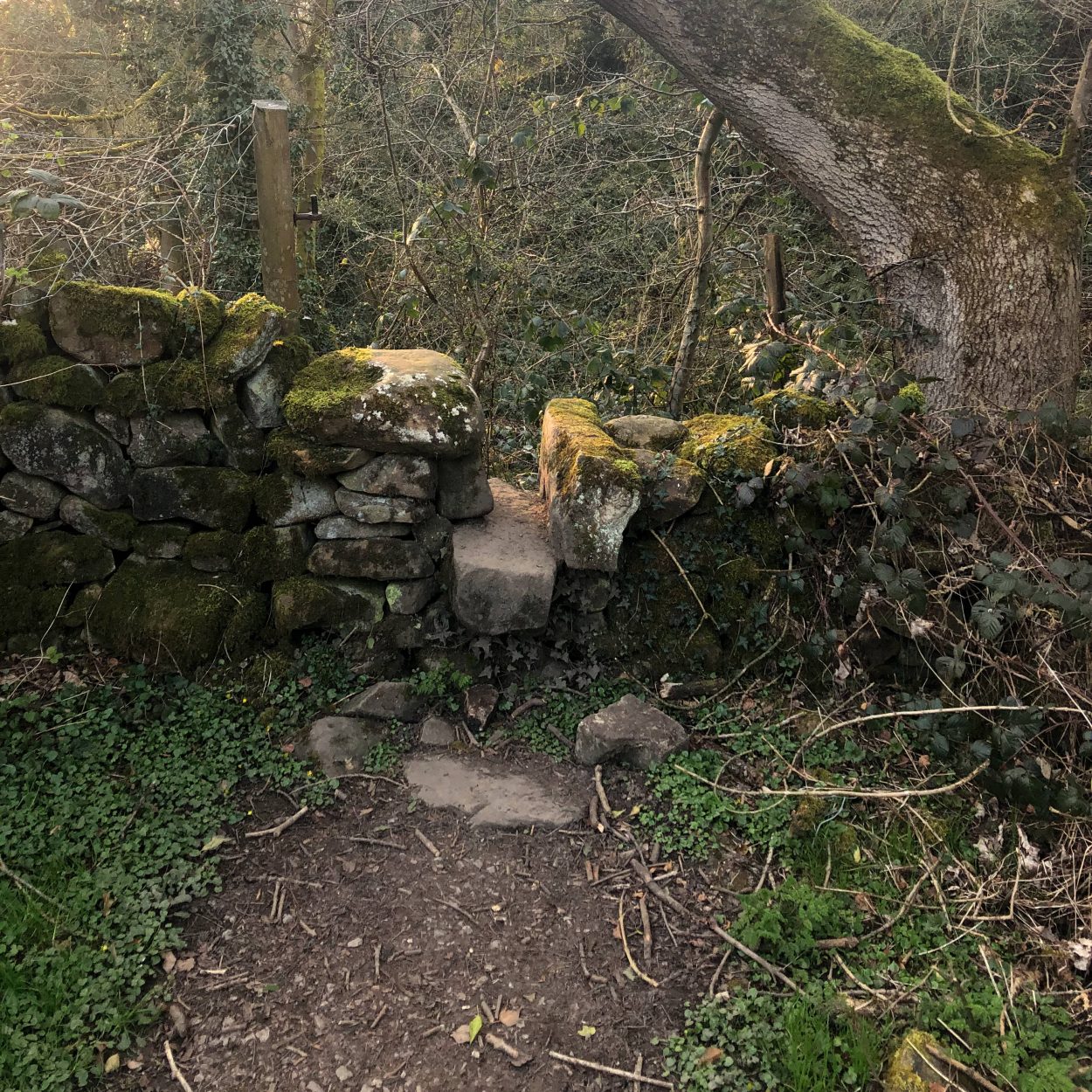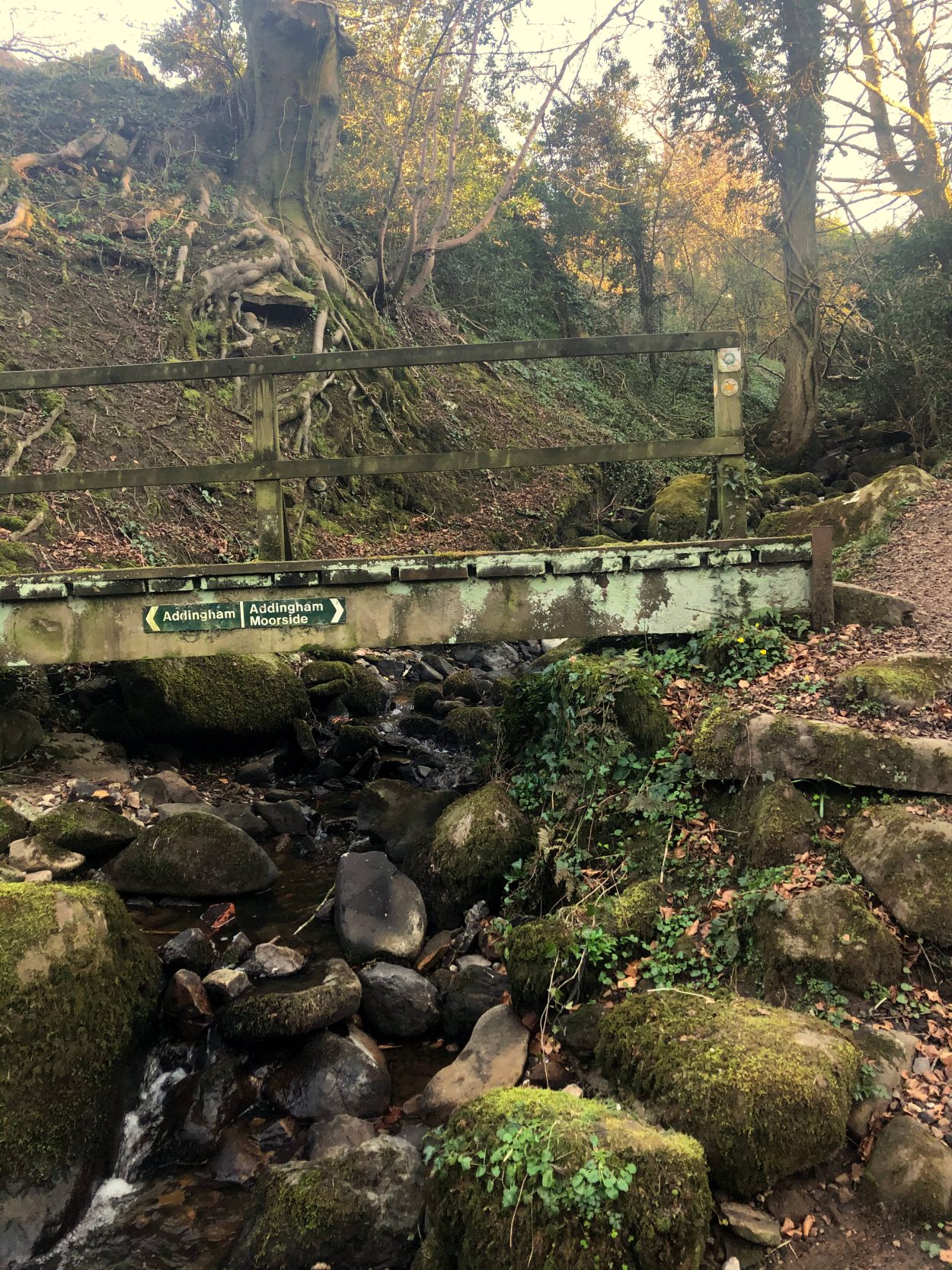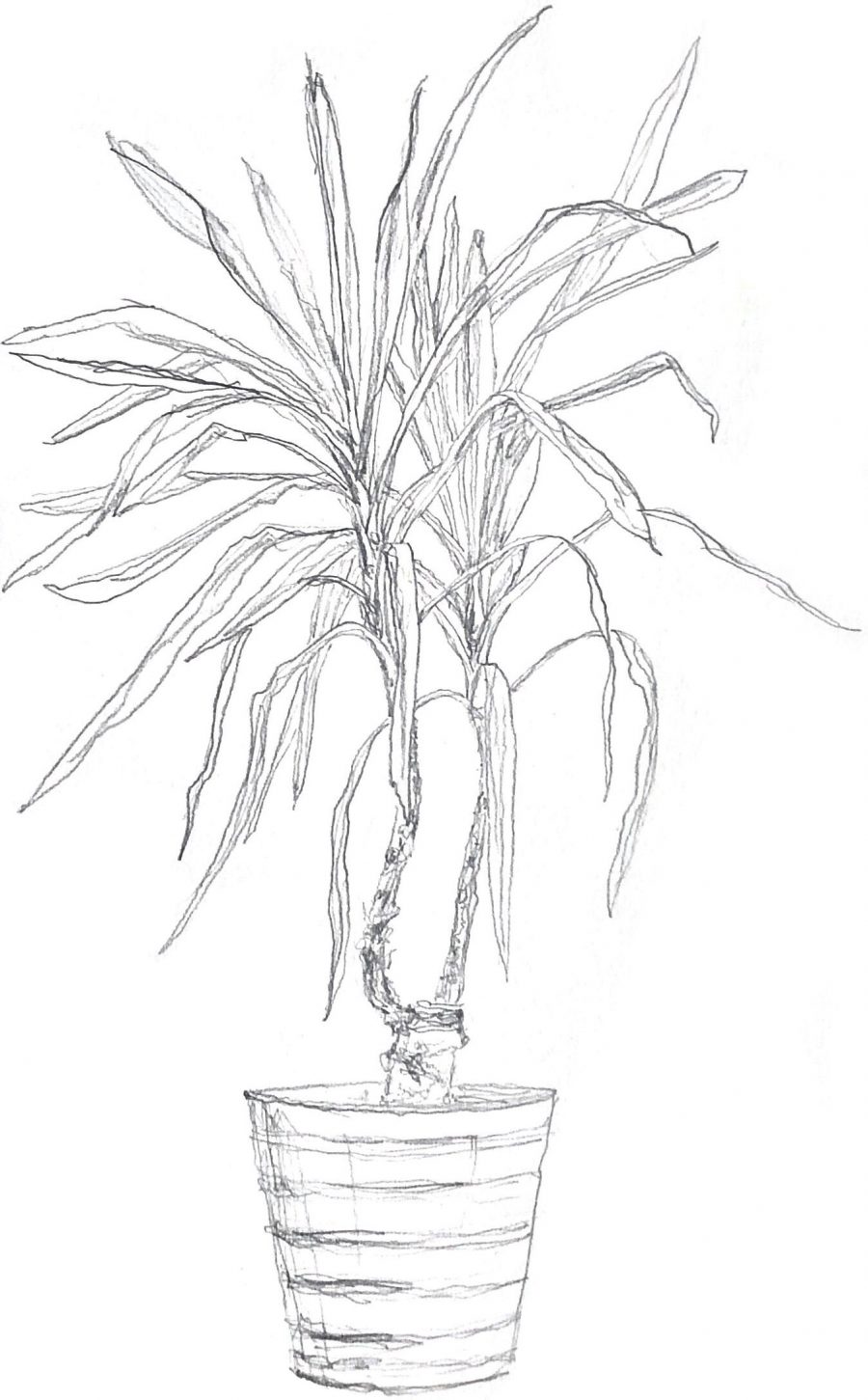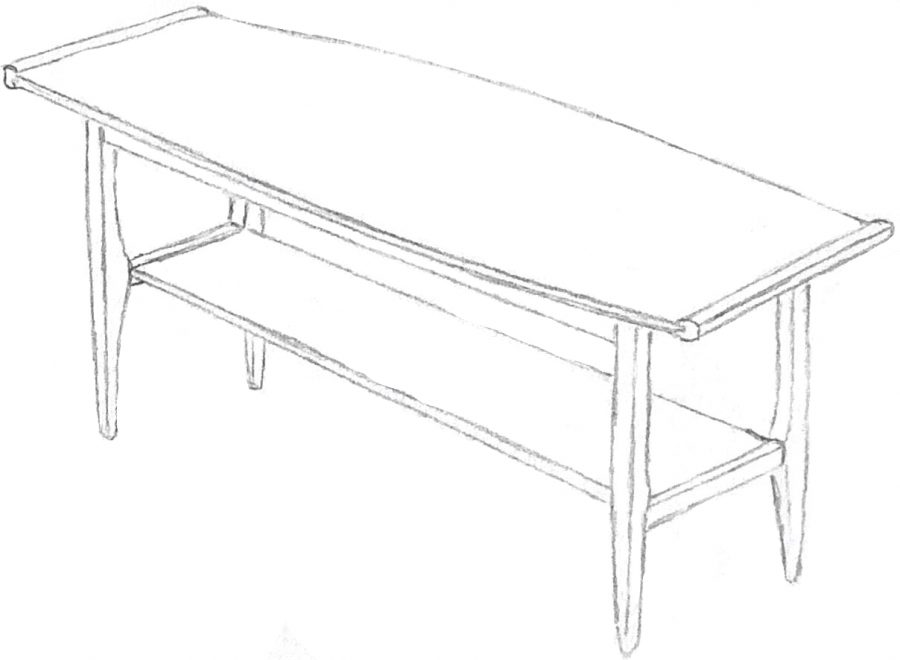❤️👍😍⭐️🙌
The quick-kudos tools that have evolved online definitely have their usefulness, but most of the time it feels like sugar. Satisfying and fostering a hunger. It cultivates a bottomless pit of competition, arbitrary measurements of self worth, and requires a level of intrapersonal gymnastics that I’m not personally capable of sustaining.
Is the problem just the public-ness of it all? What about deliberately quiet kudos?
I want to give those sorts of kudos almost every day. It’s hard to describe the use cases, though there are many… Maybe someone famous does work you admire. That’s the I-want-to-tell-you-that-this-is-fantastic-but-I’m-genuinely-not-latching-on-for-likes use case. Or a rather private friend finishes a project they should be damn proud of. That’s the you-need-to-know-this-is-great-but-we-both-know-you’d-prefer-if-I-didn’t-turn-this-in-to-a-conversation use case.
And I sure as hell would be happy to receive that sort of thing. Little pick-me-ups are critical, especially when you are mostly/fully your own employer.
It’s the digital equivalent of a great compliment from a stranger. The sort of compliment that leaves you feeling a tiny bit lighter. The sort of compliment that isn’t motivated by a mob of people giving you the same compliment. And it usually has little to do with the identity of the complimenter. (In fact, when a complete stranger follows up an IRL compliment by introducing themselves, that’s often when the moment sours a bit, or gets a smidge creepy.)
So how to give quiet kudos? It should be as simple and familiar feeling as similar features – as in, just select an emoji – but definitely not public. It shouldn’t associate an identity with the kudos either, IMO. Hopefully that would avoid spamminess. It’d probably also need a daily/weekly/monthly summary setting but good lord, it definitely shouldn’t ever send a “you received 0 kudos this week!” sort of email. And it should include other reactions, the bad with the good.
I would be surprised if this doesn’t exist already in some form or another… need to dig a little harder. I suppose one preexisting version of this is the e-newsletter since it’s an opt-in system. Particularly TinyLetter. But that just feels a little too business-y for what the sort of thing I’m imagining. Might look in to making the tool I’m imagining. Add it to the someday list.
In summary:
If a tree falls in a forest and no one is around to hear it, does it make a sound? I say yes.
